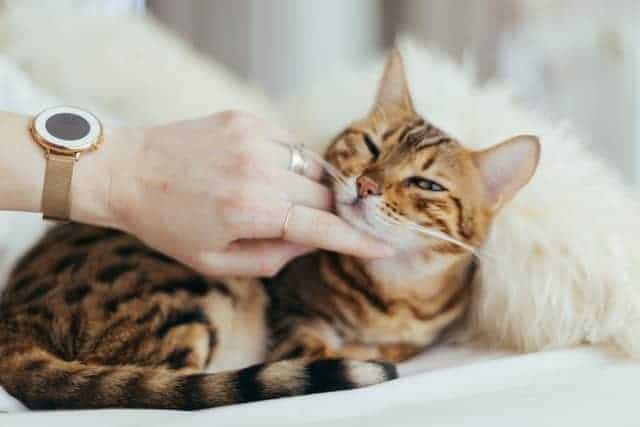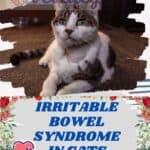
Pets are unfortunately subject to various diseases. Let’s learn about cat inflammatory bowel diseases and how to treat them.
Inflammatory bowel disease in cats, or often abbreviated to IBD (from the English name Inflammatory Bowel Disease), is a condition that causes chronic inflammation of the intestinal tract in the cat. Depending on the tract of the digestive system that is affected, we could have various specific names for these conditions: colitis occurs when the colon is inflamed, gastritis when it is an inflammation of the stomach, enteritis if the tract is affected. ‘small intestine. If we notice symptoms of these problems in our cat, we must contact our veterinarian for in-depth analyzes so that he can give a diagnosis and treatment appropriate to the individual case.
The signs of inflammatory bowel disease
Some of the signs that can make us notice the presence of inflammatory bowel diseases in our cat are weight loss (the main sign to keep under control), but also vomiting, diarrhea and changes in appetite: the cat may eat more or less food than usual.
Other symptoms may be noted in a cat that is more lethargic and lonely than usual. The behavior of our pets is very often influenced by their health conditions: a usually cheerful and lively cat, if it does not feel well, can become very lazy, unfriendly, perhaps even more withdrawn and isolated.
The possible causes
A single possible cause for inflammatory bowel disease is not clear. With our current knowledge, there is some approximation regarding the possible reasons behind these conditions, often found by our trusted veterinarian with the right tests and observation of the cat.
Some possible causes that are indicated by current studies are diet, intestinal bacteria, the immune system. In reality, all of them can play a definite role in these problems, perhaps even in combination with each other, developing diseases precisely on the basis of how these factors interact together.
These conditions are most likely to be found in older or older cats. There are no breeds that are considered more “at risk” of developing such conditions. This means that potentially any cat could exhibit such problems, regardless of genetic factors.
How to treat inflammatory bowel diseases

In the case of inflammatory bowel diseases, only the veterinarian will be able to understand precisely which condition is specific to our cat, and with which treatment to intervene, usually basing its diagnosis by excluding conditions that are not present.
For example, they may need to rule out conditions including intestinal parasites, food allergies or intolerances (which are not always present from birth, but can also occur throughout the life of our pet), viral infections.
To rule out these conditions, the veterinarian usually resorts to blood tests, an ultrasound and in more particular cases even a biopsy. In this way, he will be able to understand what is happening in the intestine of our cat.
The most common prescriptions are corticosteroids, but usually attempts are always made to combine them with changes to the cat’s diet. The diet of our cat can greatly affect its health conditions, and the veterinarian can help us improve our pet’s diet in every way. These modifications are based on the specific needs of our cat.






